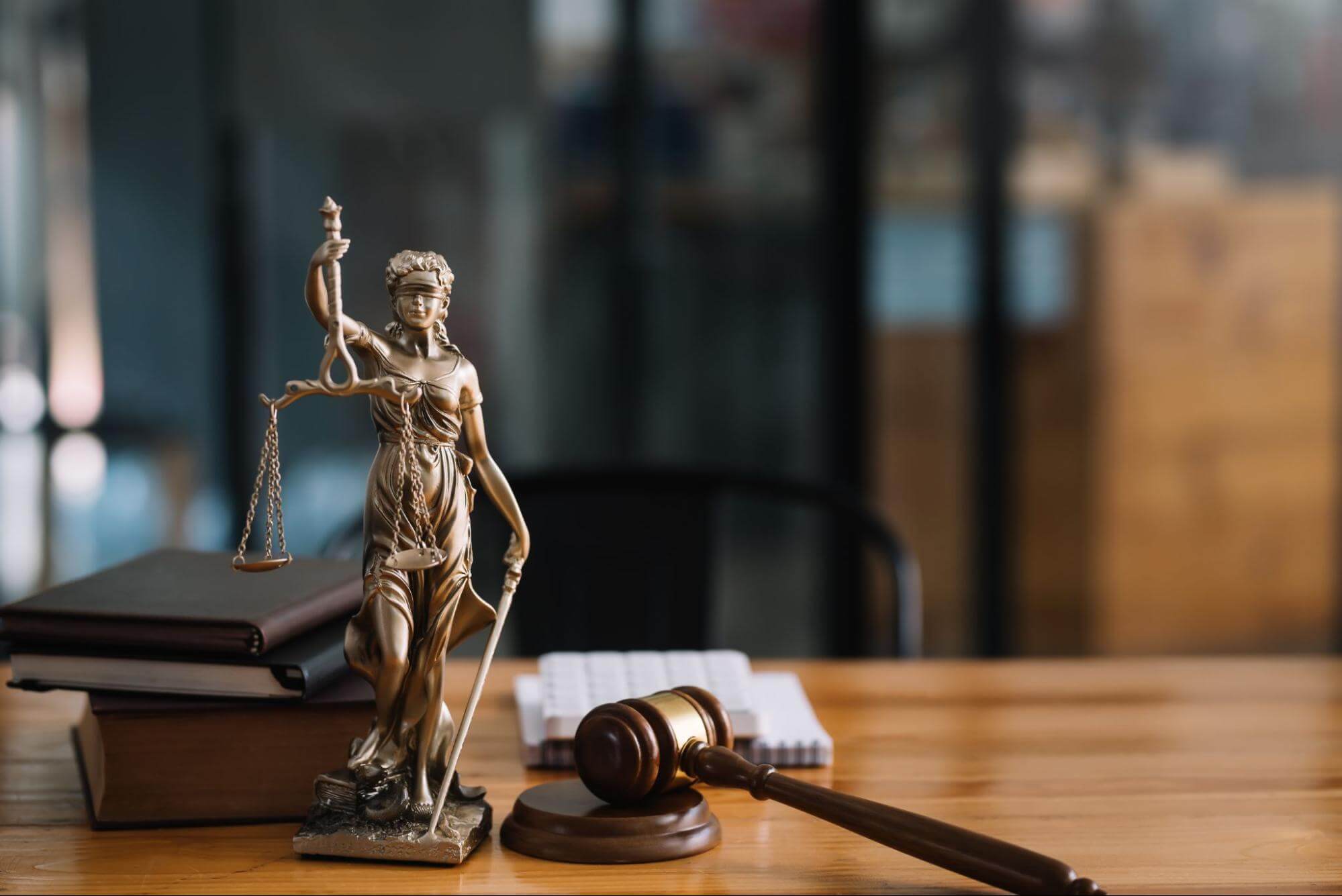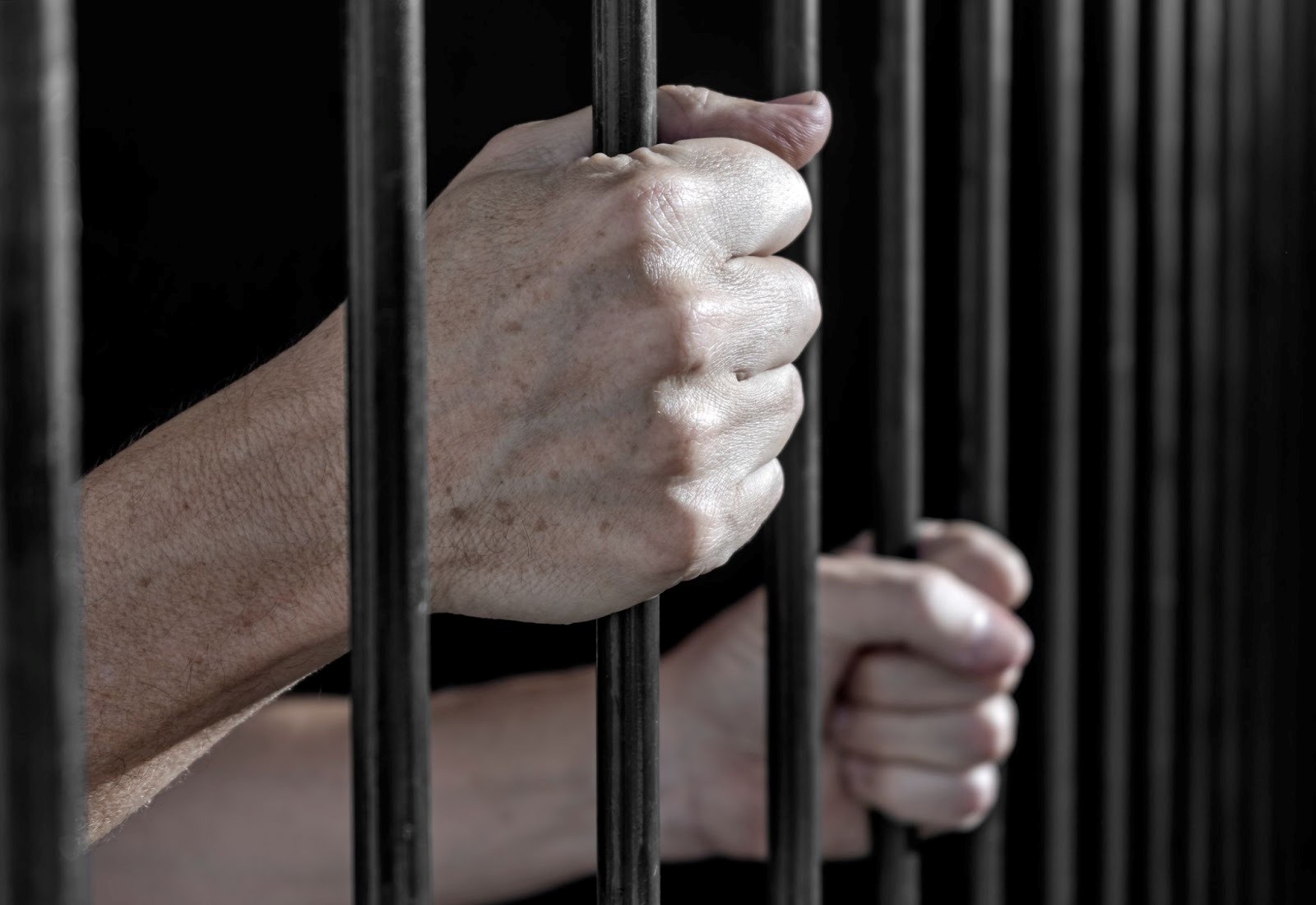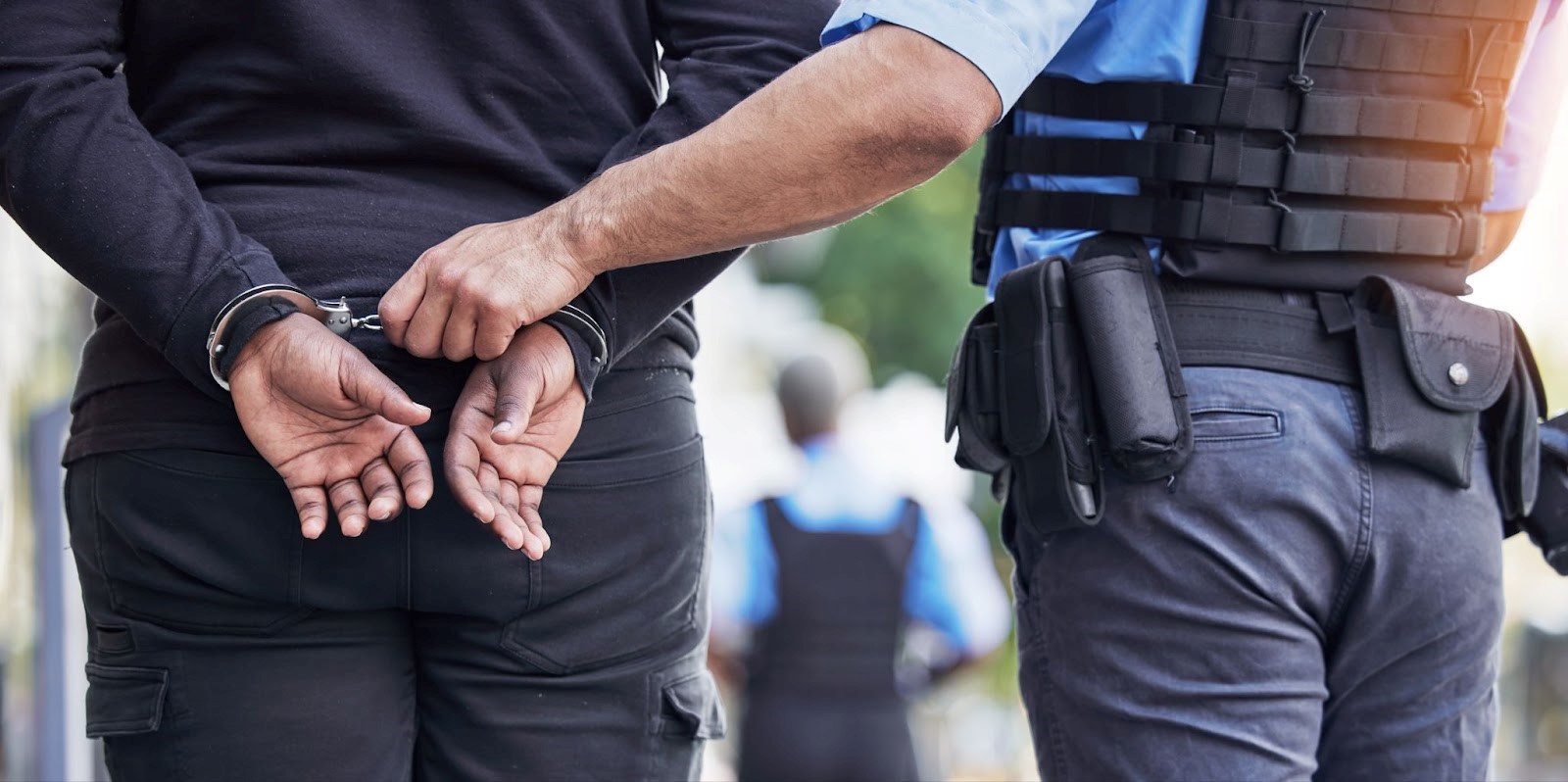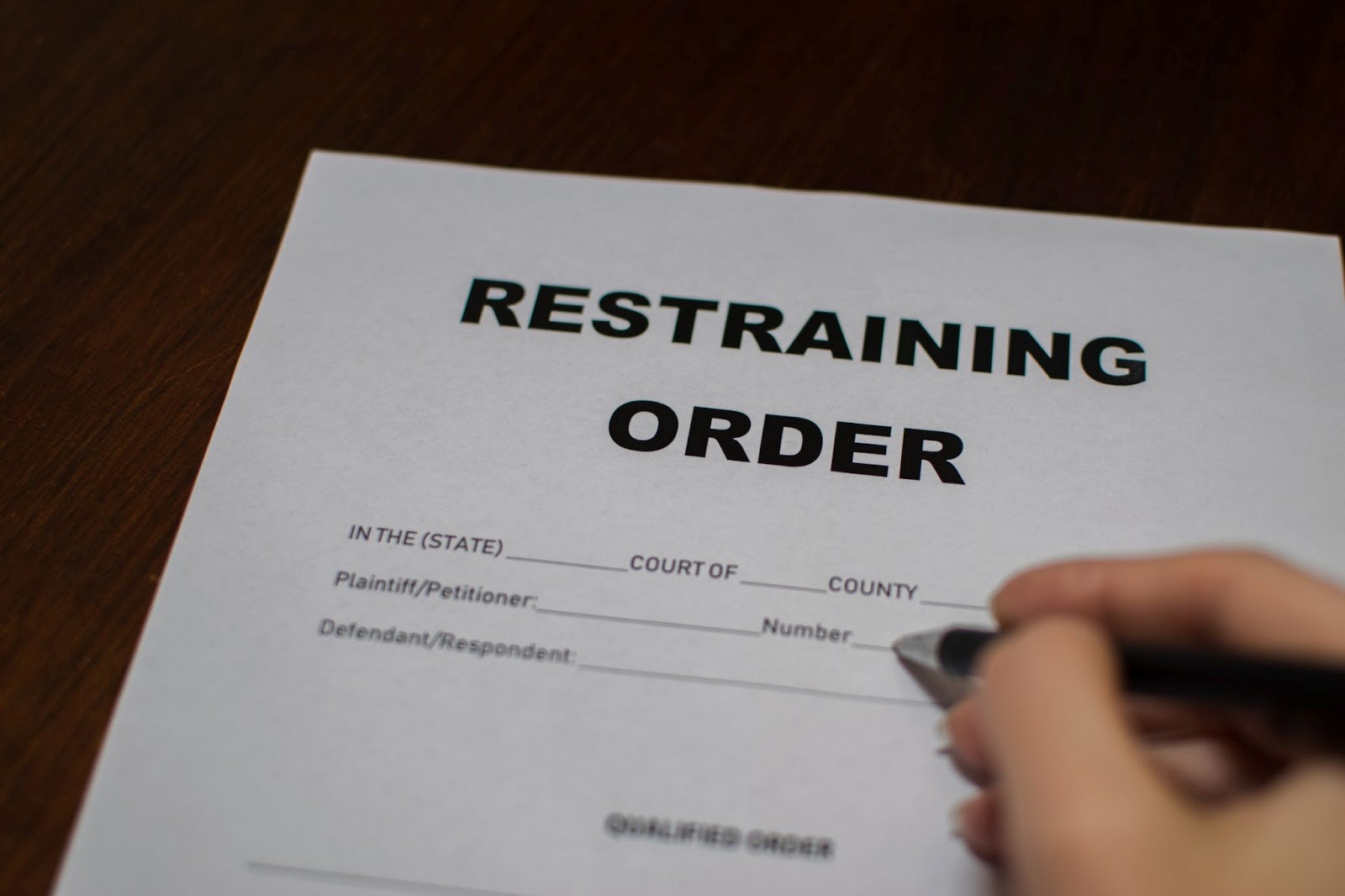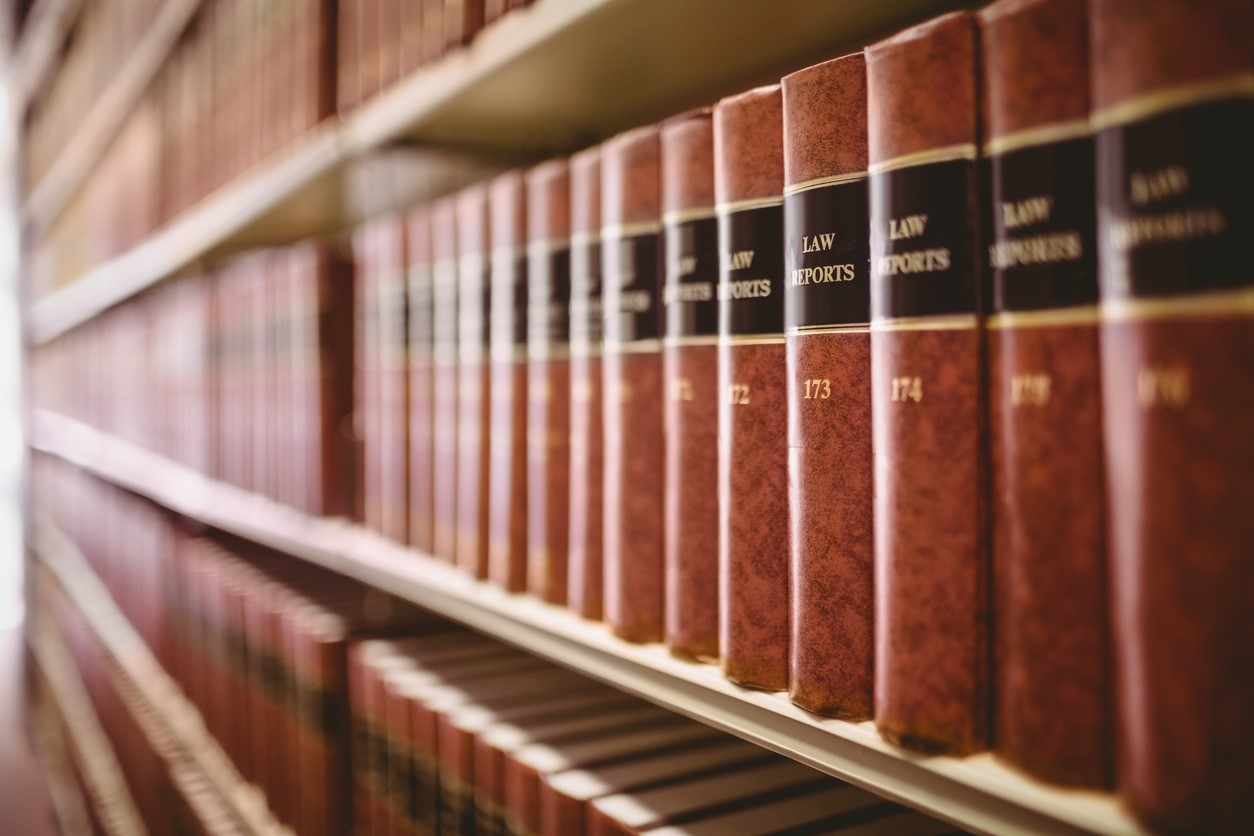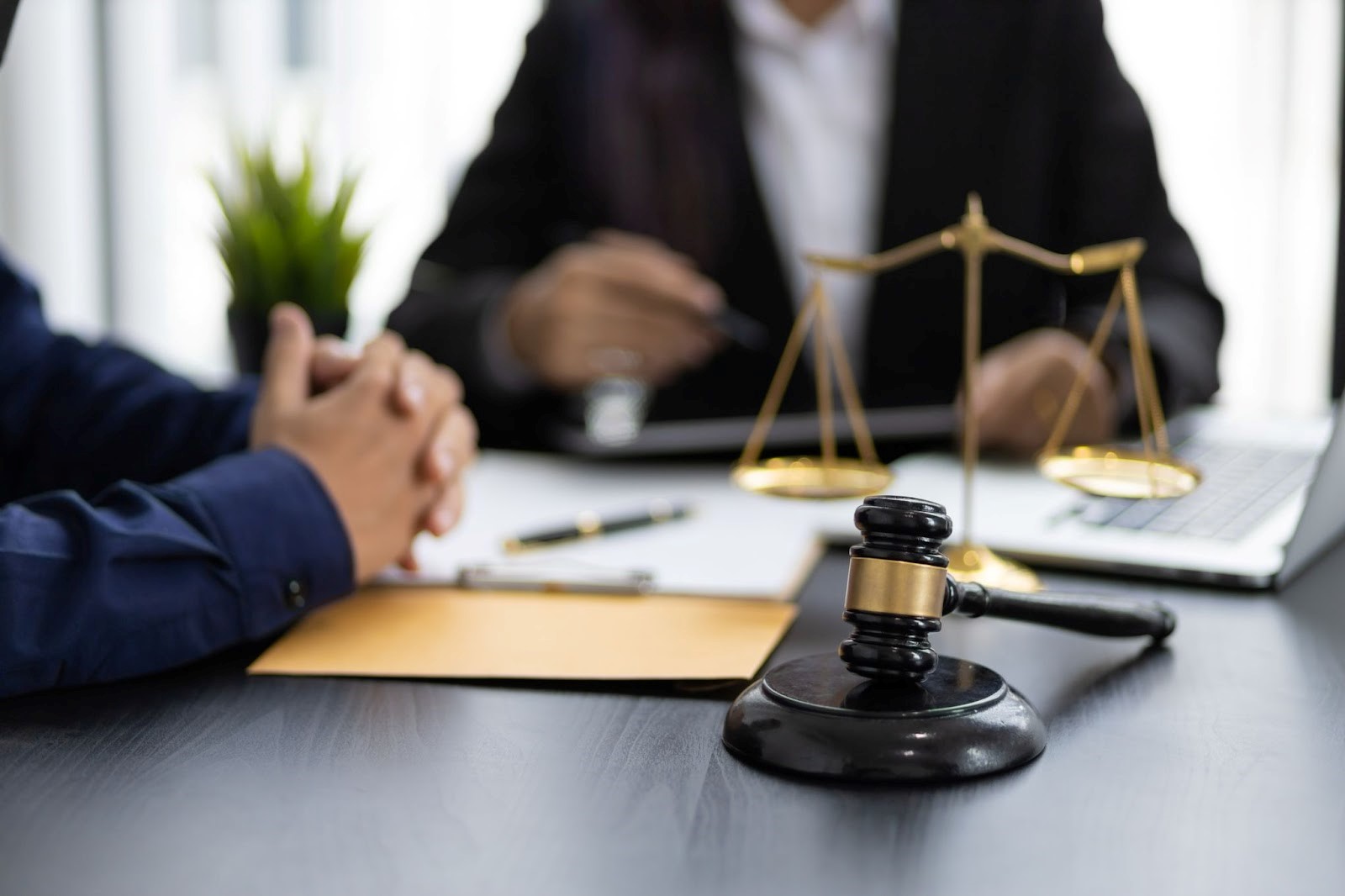Rana Lawyers Client Steps
Explain your case and we’ll determine if we need to have a conference or simply answer any questions you may be concerned about.
Book in for an initial conference with one of our experienced criminal lawyers and we’ll progress from there.
What Constitutes a Child Pornography Offence?
Child pornography offences in Australia are treated with the utmost seriousness. These offences involve the creation, possession, distribution, or access to images or videos that depict individuals under the age of 18 in sexual contexts. Australian law, including the Criminal Code Act 1995 (Cth) and various state statutes, sets out stringent penalties for these crimes.
Key components of a child pornography offence include:
- Possession: Having images, videos, or other materials that depict children in sexualised contexts, whether stored digitally or physically.
- Distribution: Sharing or distributing such material, knowingly or unknowingly, can lead to severe legal repercussions.
- Accessing: Deliberate attempts to view or download child pornography are also criminalised under Australian law.

Consequences of a Child Pornography Conviction
The penalties for child pornography offences in Australia are significant, including lengthy prison terms, hefty fines, and compulsory registration on the sex offender registry. The severity of the penalty often depends on factors such as the volume and nature of the material, as well as any prior criminal record.
Elements Required to Prove a Child Pornography Offence
To convict someone of a child pornography offence, the prosecution must establish several key elements beyond a reasonable doubt:
- Possession or Access: The prosecution needs to prove that the accused had possession of or accessed material classified as child pornography.
- Awareness: It must be shown that the accused knew or should have reasonably known that the material involved individuals under 18 years of age.
- Intentional Conduct: The accused must have knowingly engaged in the possession, distribution, or access to the material.
Defending Against Child Pornography Charges
Successfully defending against child pornography charges requires a strategic and tailored approach. Possible defences include:
- Unintentional Possession: Demonstrating that the accused was unaware of the material’s content or that it was obtained accidentally.
- Lack of Knowledge: Arguing that the accused did not know the material involved minors or did not intend to access such material.
- Procedural Defences: Challenging the legality of how evidence was gathered or questioning the reliability of the identification of the material as child pornography.
Experienced Child Pornography Charge Lawyers
Rana Lawyers is committed to providing a strong defence for clients facing child pornography charges. Our team approaches these cases with professionalism and sensitivity, ensuring that your rights are vigorously defended throughout the legal process. We understand the profound impact these charges can have and work tirelessly to achieve the best possible outcome for you.
Contact Rana Lawyers today for expert legal advice and representation. Our experienced legal team is available 24/7 to help you navigate these challenging circumstances and protect your future.



